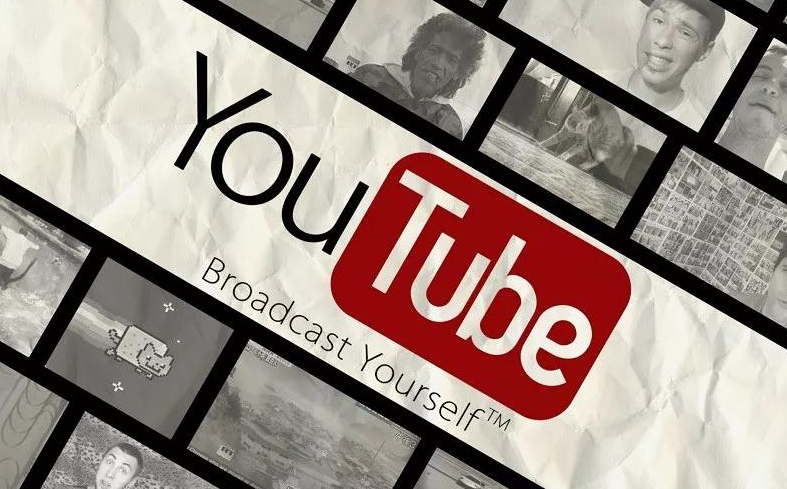Navigating the Legal Landscape of YouTube to MP3 Conversion
The question of whether converting YouTube videos to MP3 is permitted involves intricate copyright laws that differ noticeably between countries. The legality hangs primarily on copyright and the specific usage of the changed documents. Comprehending these elements is pivotal for anyone mulling the employment of a youtube to mp3 converter.
Copyright and Personal Employ
Fundamentally, downloading material from YouTube straight infringes its terms of service, which mention users shouldn't download any substance unless a download button or association is precisely furnished by YouTube. This embraces utilizing third-party instruments to remove audio. The primary lawful contention for changing over YouTube recordings to MP3 is if the copyright holder’s rights are being trespassed. On the other hand, if you are utilizing the MP3 documents for private, non-business purposes, some countries may look at this under reasonable employ tenets, however this is a dim region and not universally acknowledged.
Implications for Material Creators and Copyright Holders
Material makers who depend on YouTube for income may lose potential salaries when their recordings are changed over into MP3s, as this bypasses YouTube promotions and along these lines, promotion income. From a copyright holder’s point of view, unauthorized duplication and circulation of ensured materials—even for private employ—can comprise infringement, driving to potential lawful activities.

Potential Risks and Penalties
Taking an interest in the unauthorized change of YouTube recordings to MP3 can uncover clients to lawful dangers. Copyright infringement conveys potential reprimands that run from huge fines to, in extraordinary cases, criminal charges. The authorization of these reprimands fluctuates, yet the hazard accentuates the significance of utilizing substance responsibly and legally.
The Safe and Legal Employ of MP3 Converters
To mitigate lawful dangers, clients should:
The legality of YouTube-to-MP3 conversion is hotly contested owing to copyright issues inherent in duplicating protected material without permission. Some believe exceptions exist like educational use or criticism under fair use while others argue this still constitutes infringement given restrictions are narrowly applied. Users must tread carefully in this legally ambiguous arena to avoid repercussions. Meanwhile, streaming services offering paid licenses afford a compliant solution satisfying copyright holders as well as users wishing access. Local statutes too demand scrutiny lest one fall afoul of regional definitions. In the end, the convenience afforded by YouTube-to-MP3 must be weighed against supporting artists through legitimate channels or risk facing legal or ethical dilemmas down the line as technologies and viewpoints evolve on these debates. There may yet be no clear consensus but awareness, consent and respect for ownership rights can help navigation the present uncertainties.